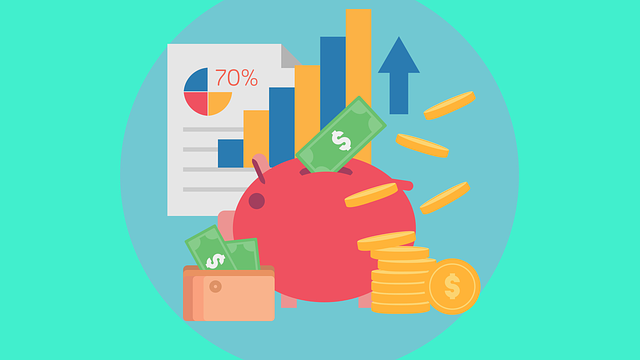First, let’s talk about tracking your expenses. Ever heard that old adage, “Out of sight, out of mind”? Well, that can apply to your spending habits, too! Grab a notebook or download an app to keep tabs on where your money goes each month. You’d be surprised how small expenses, like that daily coffee or lunch out, can add up. It’s like finding hidden treasure—you just need to dig a little.
Next, consider automating your savings. Setting up an automatic transfer to your savings account is like planting a seed that grows without much effort. You won’t even notice it’s gone! Try putting aside a percentage of your paycheck before you even have a chance to spend it. It’s the financial equivalent of eating your vegetables before dessert—you reap the rewards in the long run.
Another savvy tip? Reevaluate your subscriptions. Are you still glued to that streaming service you haven’t used in a month? Cutting the fat from regular expenses can free up cash for your savings. Think of it like cleaning out your closet; sometimes, you have to let go of the things you don’t use to make room for what you truly need.
Budgeting Strategies
One bustling strategy to consider is the 50/30/20 rule. Picture this: you earn a paycheck, and right off the bat, you split it into three buckets. Fifty percent goes to your needs—things like rent, groceries, and utilities. The next 30%? That’s your fun money—think dining out, streaming services, or that new gadget you’ve been eyeing. Finally, the last 20% is reserved for savings and debt repayment. It’s like giving every part of your life its own slice of pie!
But maybe you crave a bit more structure. Enter zero-based budgeting. Imagine starting each month with a blank slate, giving every dollar a specific role. Your paycheck becomes a puzzle, and each expense, large or small, has its designated spot. This method can be particularly satisfying for the meticulous planner, as it leaves no room for money to slip through the cracks.
Or perhaps you’re more of a visual person? The envelope system could work wonders for you. Here’s the scoop: you designate a category for spending—say, groceries—and fill an envelope with cash for that month. Once that envelope is empty, you know it’s time to dial back on spending in that area. It’s tangible, almost like playing with budgeting Monopoly money, and it can keep your expenses in check.
Ultimately, the key is to find a budgeting strategy that speaks to you, turning the often-dreaded task of managing finances into a rewarding adventure!
Cutting Unnecessary Expenses
Imagine your budget is like a sponge; it can only absorb so much before it starts leaking. You might not even realize where those leaks are coming from. Start by tracking your spending for a month. It’s like keeping a diary of your habits: see where your funds are flowing and identify those sneaky expenses that creep up on you. Do you really need that daily coffee from the trendy café? Or could brewing your own morning cup save some serious cash?
Next, let’s talk subscriptions. You know the ones—streaming services, magazines, gym memberships. Ask yourself, “Am I using this?” If it’s been more than a couple of weeks since you last logged in or visited, it might be time to part ways. Think about it: letting go of that unused subscription is like shedding excess weight; lighter and free!

Also, consider meal prepping. Eating out is convenient but can wreck your wallet quicker than you can say “meal deal.” Cook a big batch on Sundays and enjoy delicious, home-cooked meals throughout the week. Plus, it’s often healthier, so it’s a win-win.
Finally, don’t forget to reassess your bills. Call your service providers, and negotiate those monthly charges. You’d be surprised—sometimes a friendly chat can lead to discounts, just like negotiating at a yard sale. Cutting unnecessary expenses isn’t just about saving money; it’s about reclaiming control over your finances and allowing yourself the freedom to spend on what truly matters.
























Add comment